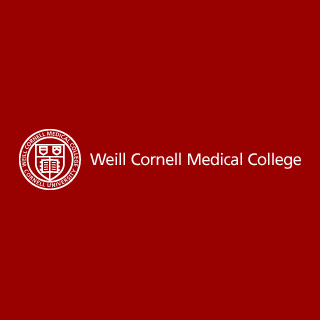
The Weill Cornell team is of the opinion that long-lasting nerve damage could possibly be avoided by increasing levels of a compound that converts to nicotinamide adenine dinucleotide (NAD+). Apparently, NAD+ is the active form of vitamin B3. Moreover, the compound may potentially be managed instantly after spinal cord injury.
“Boosting NAD+ after injury may prevent permanent nerve death. Our study is aimed at synthesizing a molecule that, when given soon after injury may augment the body’s production of NAD+ and rescue these cells before they are stressed beyond recovery,†explains Dr. Samie Jaffrey, associate professor of pharmacology at Weill Cornell Medical College.
The compound, called nicotinamide riboside (NR) is known to be a natural NAD+ precursor found in foods like milk. NR in addition to other NR derivatives seems to have already been proven to guard against cell death, axonal degeneration in cultured cells as well as in models of spinal cord injury.
In the year 2007, the researchers reported results of laboratory experiments finding that NR could be able to raise NAD+ concentrations as high as 270 percent when compared with untreated control cells. No other identified agent appears to have been shown to achieve these types of an increase in cells.
NAD+ is known to play a crucial role in human cells by means of activating proteins called sirtuins that assist the cells to survive under stress. Sirtuins could be activated by compounds like resveratrol, seen in large concentrations in the skin of grapes used to make red wine. Furthermore, sirtuins supposedly have been revealed to possess anti-aging and healing properties.
The researchers believe that rapidly increasing the NAD+ levels may help in activating the sirtuin levels in the cells and prevent cell death. This is particularly significant because when cells and tissues suffer from extreme trauma, NAD+ levels seem to fall quickly.
During this research, the Weill Cornell team will perhaps carry out a lab study to examine how NR compounds can increase NAD+ levels in cells that are stressed. These cells appear to be so stressed that they will die within three to four hours and instead survive as a result of treatment.
“We hope to show that a natural compound that can be produced cheaply and efficiently could be the key to preventing permanent injury. We also believe that the compound would be perfectly safe to use in humans, since it is a vitamin that has not been shown to have negative effects on the body when artificially elevated,†says Dr. Anthony Sauve, associate professor of pharmacology at Weill Cornell Medical College.
In a different study, Dr. Brett Langley from the Burke Rehabilitation Center in Westchester, N.Y. will investigate the compounds in mice with spinal injuries, with the anticipation of observing physical recovery and improvement in behavioral testing. Burke Rehabilitation Center in Westchester, N.Y. is known to be a hospital affiliated with Weill Cornell Medical College.
Dr. Sauve is believed to have patented and established a method to produce compounds that regulate NAD+. Additionally, he seems to specialize in making an array of NAD derivatives to determine which one best augments NAD+ levels in neurons. Dr Jaffrey said that if this research is successful in animal testing, they hope to examine the compound clinically.
